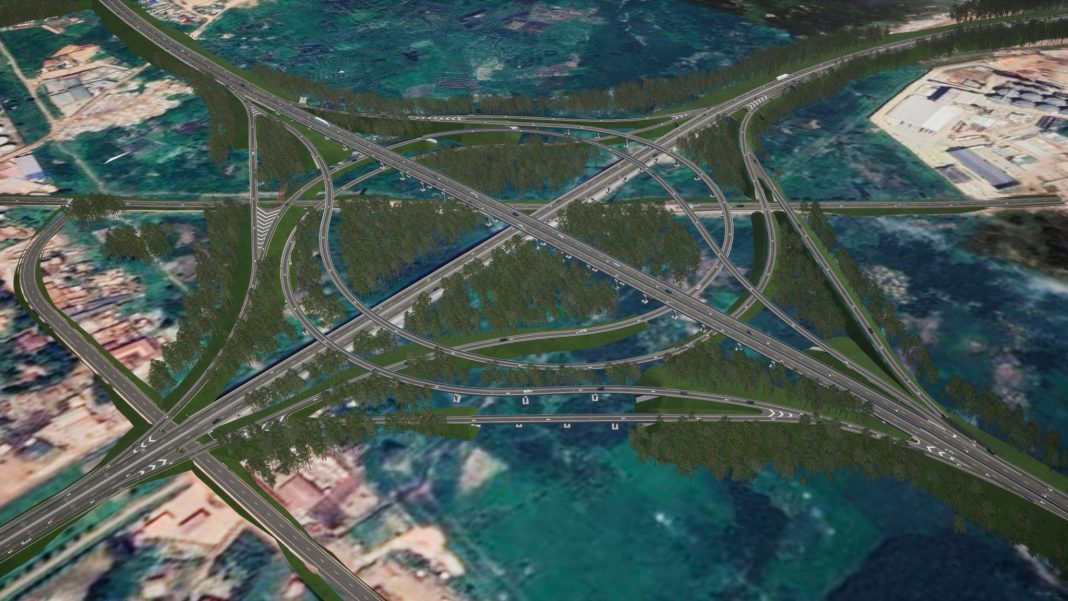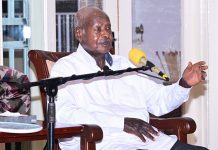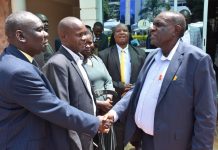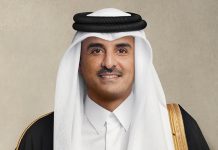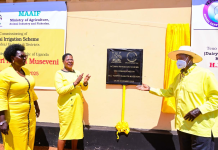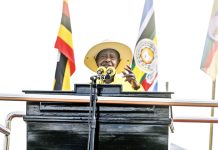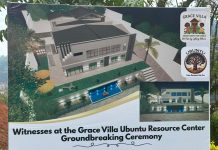By David Mwanje.
The African Development Bank (AfDB) has approved fresh financing worth €217 million to complete Uganda’s Busega–Mpigi Expressway, giving new momentum to one of the country’s most important transport projects. The expressway, stretching 27.3 kilometers from Busega in Kampala to Mpigi Town, is expected to cut travel time from two hours to under 45 minutes and ease the heavy traffic that has long plagued the route.
The new financing, approved on November 6, 2025, brings the project’s total cost to €424.6 million, up from the original €176 million due to design improvements and higher construction costs. The package includes an AfDB loan of €188 million, an African Development Fund loan of €28 million, and a $1 million grant from the NEPAD Infrastructure Project Preparation Facility. The Government of Uganda will contribute about €31 million.
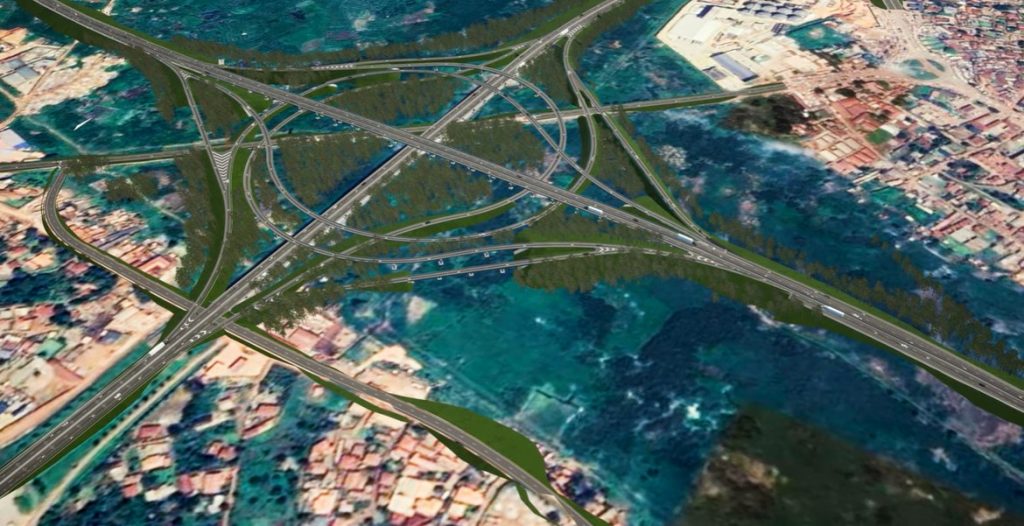
Under this phase, the project will add the Busega Interchange linking to the Kampala Northern Bypass, seven bridges, toll plazas, service lanes, and over 50 kilometers of drainage channels. These upgrades are aimed at easing congestion for the thousands of vehicles that use the route daily and improving access for more than a million people who live and work along the corridor.
“This road is more than concrete and tarmac it’s a path to opportunity,” said George Makajuma, AfDB’s Principal Transport Engineer. “It will open markets, lower transport costs, and support youth and women through new economic activities.”
Construction is expected to resume in January 2026, with completion targeted for 2030. The project will create about 1,200 jobs 800 during construction and 400 after completion with 30 percent of opportunities reserved for women and youth. Local training programs will also help small entrepreneurs, especially women, benefit from roadside businesses.
The Busega–Mpigi Expressway has been a priority under Uganda’s Vision 2040, which emphasizes major infrastructure as the backbone of economic transformation. Parliament first approved an AfDB loan of about €140 million in 2018, and construction began in 2020. However, progress was slowed by land disputes, rising costs, and institutional changes within the Ministry of Works and Transport.
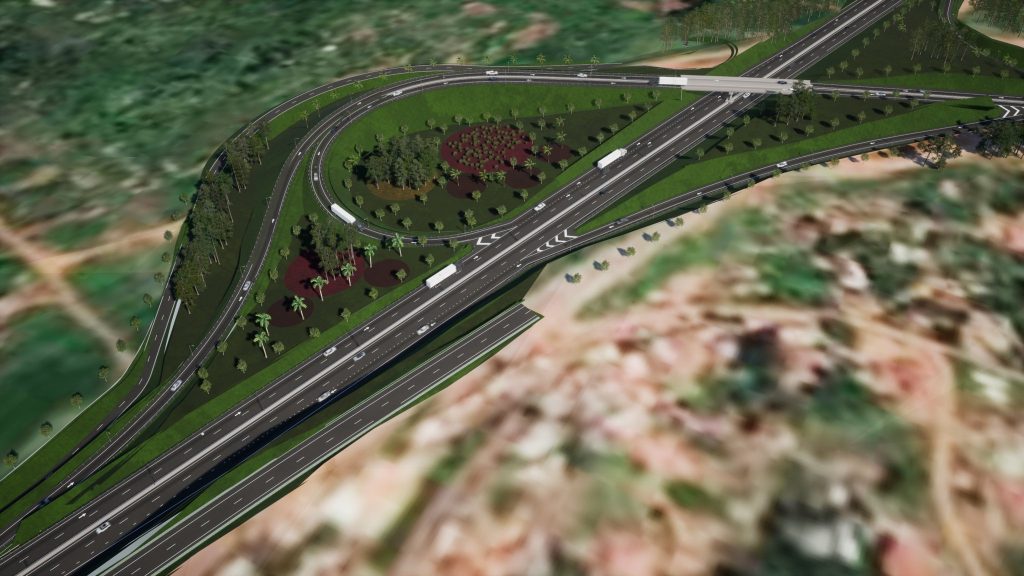
In 2023, Deputy Speaker Thomas Tayebwa visited the site and criticized the delays. The Auditor General later raised concerns about inefficiencies and cost overruns, prompting fresh parliamentary oversight. In September 2025, the Committee on National Economy reviewed the revised costs, equivalent to UGX 1.026 trillion, and after intense debate, Parliament approved the additional AfDB funding on October 29. This approval, worth UGX 886 billion (€216 million), cleared the way for the Bank’s final endorsement and signaled Uganda’s effort to ensure accountability in major public projects.
AfDB has been one of Uganda’s key development partners since the 1970s, financing critical infrastructure in transport, energy, agriculture, and water. In recent years, the Bank has backed projects such as the Masaka–Mutukula and Kabale–Kisoro–Bunagana road rehabilitations worth $348 million, and the Kampala–Jinja Expressway Phase I, approved in 2018 at $229 million. It also funded $463 million for rural road networks and $301 million for the Kampala–Malaba railway upgrade to boost regional trade.
Analysts say the latest expressway funding underlines AfDB’s confidence in Uganda’s growth path, despite ongoing challenges like project delays and rising public debt, which now stands near 50 percent of GDP. Even so, improvements in road infrastructure have already cut logistics costs by around 20 percent, strengthening Uganda’s competitiveness within the East African Community.


